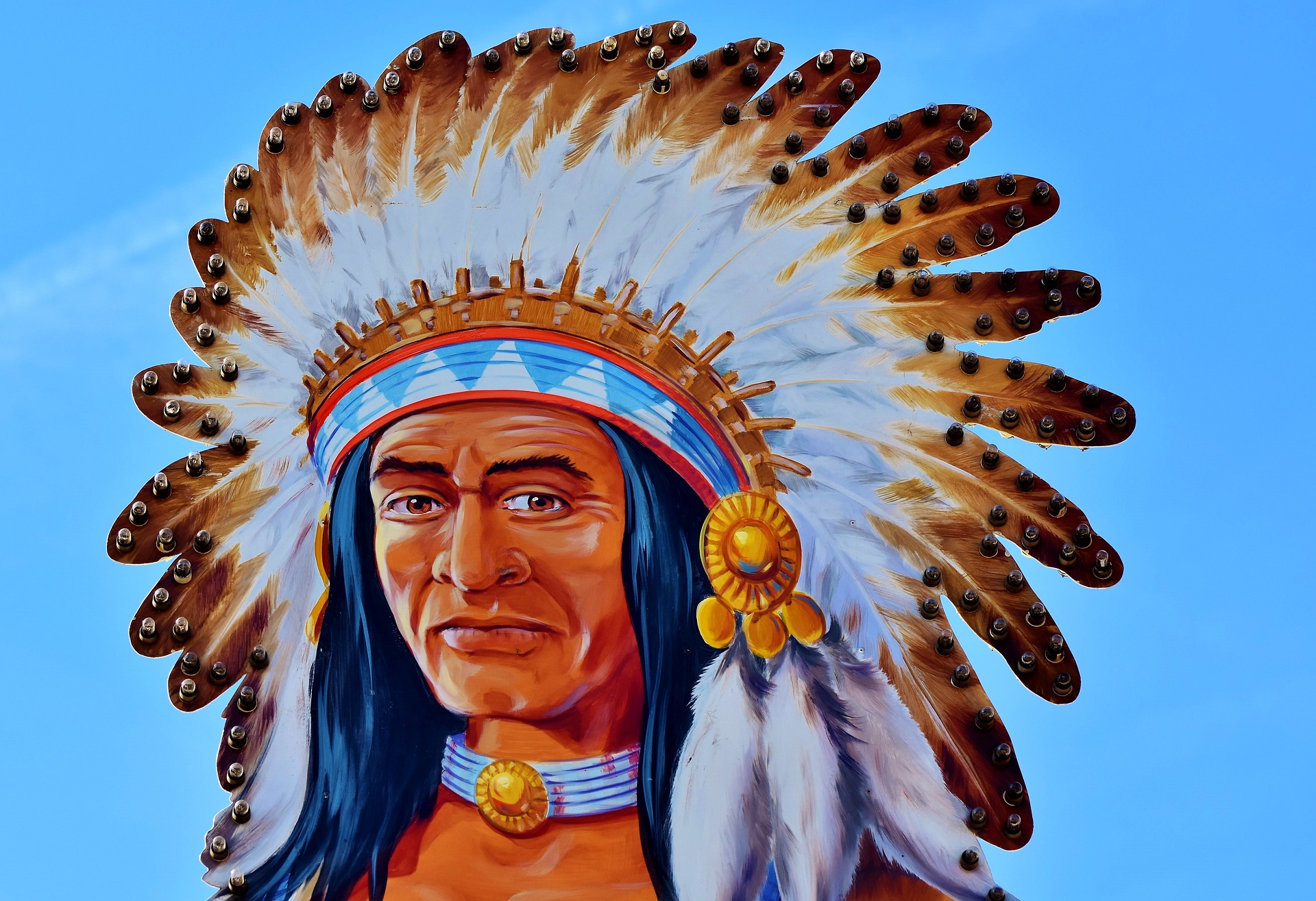The term “Indian” is now considered inappropriate and racist. It is important to understand why the term is viewed as problematic and what impact it has on the indigenous peoples of the Americas.
The Term is Misleading
The term “Indian” originated from a mistaken assumption by Christopher Columbus, who believed he had reached India when he arrived in the Americas. Therefore, the term is misleading and gives a false impression of the origin and culture of the indigenous peoples of the Americas.
The Term is Colonial
The use of the term “Indian” is rooted in colonial history, during which the indigenous peoples of the Americas were oppressed, exploited, and deprived of their rights. The term is thus associated with the historical and cultural violence experienced by the indigenous peoples.
The Term is Stigmatizing
Using the term “Indian” can lead to stigmatization and discrimination against the indigenous peoples of the Americas. The term reduces indigenous peoples to a stereotypical and uniform group, preventing a nuanced understanding of their diversity and uniqueness.
Alternatives to the Term “Indian”
There are a variety of alternative terms now used for the indigenous peoples of the Americas. The term “Indigenous Peoples” emphasizes the diversity and uniqueness of the different tribes and nations, while “Native Americans” highlights their original heritage and their rights to land and resources.
In summary, the use of the term “Indian” is now considered inappropriate and racist. It is important to use alternative terms that respect the diversity and uniqueness of the indigenous peoples of the Americas and highlight their historical and cultural significance. We must be aware that our words have an impact on the people around us, and we should strive to honor the diversity and uniqueness of all cultures.

